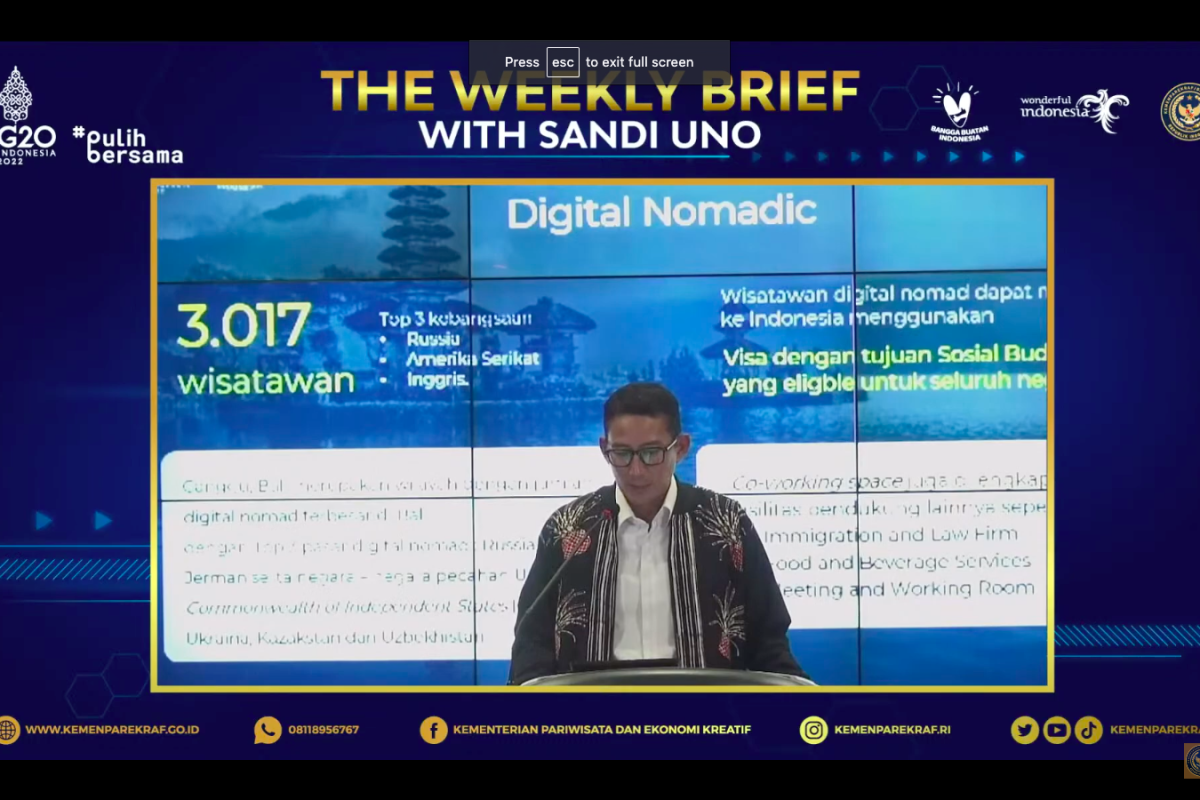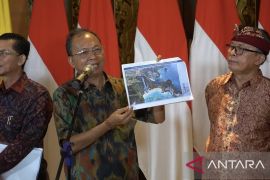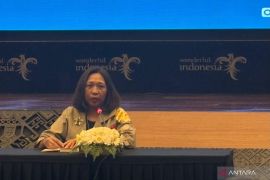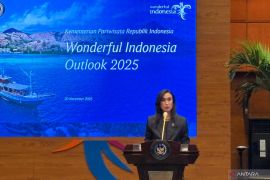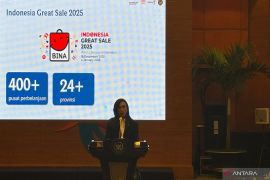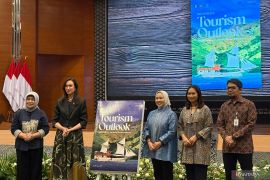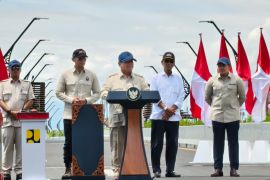Hopefully, this can help the tourism sector, especially the domestic tourism and creative economy sector, in handling the rise in fuel oil prices.Jakarta (ANTARA) - Tourism and Creative Economy Minister Sandiaga Uno has outlined three policies for handling the impact of the rise in fuel oil prices, which could potentially trigger a price increase in the tourism and creative economy industry.
The first involves the provision of guidance to tourism and creative economy players at the micro and small scale so that they can better manage their operational financing, he informed during “The Weekly Brief with Sandi Uno,” which was streamed online on Monday.
"Secondly, encouraging special interest tourism that can potentially reduce fuel oil consumption, both directly and indirectly. This includes sports tourism, which encompasses running, marathons, trial runs, and others," he said.
The last policy concerns the energy transition to new and renewable energy sources within the tourism and creative economy industry.
This can help reduce the consumption of fossil fuels, whose price is currently rising, and transition to solar energy, electric energy, and new energy sources that are frequently found in tourism destinations.
"Hopefully, this can help the tourism sector, especially the domestic tourism and creative economy sector, in handling the rise in fuel oil prices," the minister remarked.
The tourism and creative economy industry is closely related to human mobility, which is also tied to energy consumption.
The rise in fuel oil prices by up to 30 percent could lead to a potential price hike in the tourism and creative economy industry.
However, in the past few months, there has been a sense of optimism within the tourism sector since the number of tourist visits has increased, especially among middle- to upper-class citizens.
Tourism serves as a form of relaxation for visitors, but it cannot bleed them dry due to high prices, Uno said.
Therefore, the ministry has provided an evaluation, which shows significant impacts from the rise in fuel oil prices on the sector.
Star hotels, where middle- to upper-class citizens prefer to stay, also bear the risk of being affected by the price hike, but the potential is lower compared to other hotels.
Non-star hotels and other accommodations are expected to see their occupancy decline by 5 percent. According to Statistics Indonesia's (BPS') records, these accommodations have an average occupancy rate of 40 percent, while star hotels have a higher rate.
"Non-star hotel accommodations have become our consideration since these are what the people generally use," he informed.
Moreover, the rise in fuel oil prices may pressure tourists to spend 10 percent more of their allowance while traveling, he highlighted.
Related news: Tourism investment has great prospects, minister tells investors
Related news: Belitung govt promotes tourism among G20 delegates
Related news: Coordinating Minister pushes to optimalize investment for five DPSPs
Translator: M Baqir I A, Fadhli Ruhman
Editor: Sri Haryati
Copyright © ANTARA 2022
